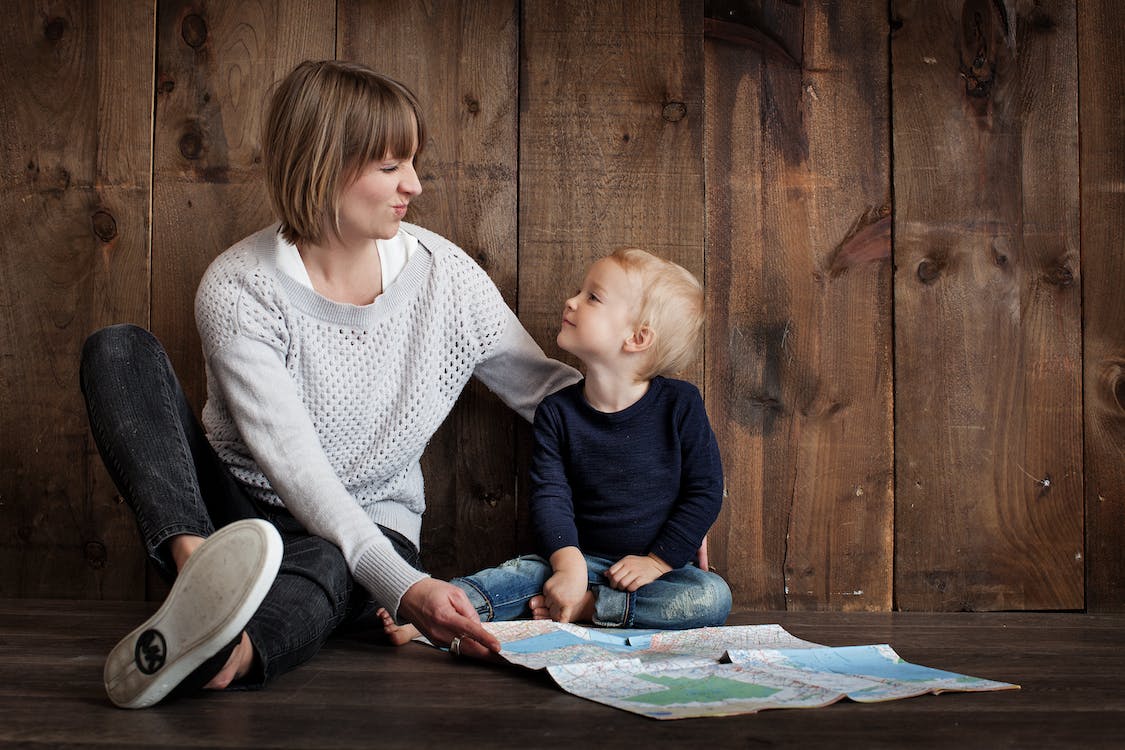|
Evrim Ulusoy, Psychologist 1. What is Important TO YOU? Take a moment to think about what is important TO YOU. What is it that you may have been putting off that has been playing on your mind for quite some time? It may be eating better, sleeping better, spending time outdoors or just having some downtime on your own and enjoying some peace and quiet. When was the last time you noticed inner joy from engaging in a fun or relaxing activity? How many of the healthy habits have you been actively pursuing or would like to try to implement in your lifestyle? 2. Make Space for Your Feelings There may be all kinds of feelings you may notice when you think about these healthy habits. Feeling nervous, unmotivated, guilty or frustrated? Sometimes we may try to push away these feelings and avoid taking action, or we feel overwhelmed and also avoid taking action! Accepting these feelings and allowing them to come and go is a mindful strategy for children and adults to experiment with. Getting into the hang of healthy habits takes time, practice and determination. Starting with deep breaths is one way to work with these feelings leaving the thinking brain and perfectionism or self-doubt aside for a minute or two. 3. Do What Matters with Those Important To You Sometimes it takes two to tango. Practicing these healthy habits may be more enjoyable with a friend, a colleague, your child or your pet! When parents attend my sessions, one of the first things I ask is, ‘What do you enjoy doing with your family?’ or ‘What is the one thing that you would like to do more of to help you to become a more resilient parent?’. Engaging in healthy habits may help to clear the mind and prepare the body for the challenges ahead: whether it is learning to effectively manage a child’s tantrum, to engage in age appropriate discussions with your child, or to get through a big day at work or at home with the kids. Future steps: Seeking Professional Support to Manage Challenging Moments with Your Child Generally working with children in therapy also involves working with parents. Stress management and relaxation practices are included in my sessions. Parenting education is something I value and discuss with parents at the beginning of therapy. Working with families helps to identify family fun factors and simple daily routines that can be practiced as a family. Parents tell me that keeping calm and being collaborative with their child during challenging moments is difficult. These parenting skills are practiced in session and between sessions which aim to strengthen the parent-child relationship and improve parent self-care.
Comments are closed.
|
Categories
All
|
Hopscotch & HarmonyAt Hopscotch & Harmony Psychology, you can expect compassionate care and evidence-based guidance on your journey to wellness.
With clinics in Werribee and Belmont, as well as providing online counselling to clients who live throughout Australia, our dedicated team of psychologists and dietitians are committed to providing support to children, teenagers and adults. With a focus on understanding your unique needs, we offer tailored solutions to foster growth and resilience. Trust in our experience and dedication as we work together towards your well-being. Welcome to a place where healing begins and possibilities abound. |
Our services |
Contact usHopscotch & Harmony
Child, Teen and Adult Psychology Our Locations:
WERRIBEE: 1/167-179 Shaws Rd
BELMONT: 92 Roslyn Rd AUSTRALIA-WIDE: Online counselling |
Hopscotch and Harmony respectfully recognise the Aboriginal and Torres Strait Islander people as the first Peoples of the continent now called Australia.
We acknowledge the Bunurong and Wadawurrung people of the Kulin Nation, the traditional owners of the land on which we work, and pay our respects to their Elders, past, present and emerging.
© 2024 Hopscotch and Harmony Pty Ltd




 RSS Feed
RSS Feed
